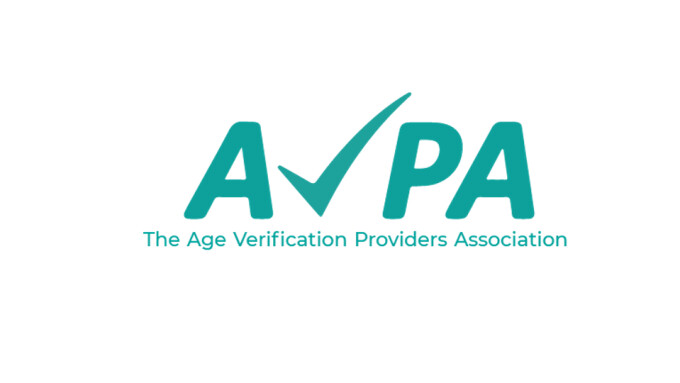LONDON — The Age Verification Providers Association (AVPA) filed earlier this month its response to U.K. media regulator Ofcom's consultation soliciting feedback on the regulation of adult websites under Part 5 of the Online Safety Act.
“We were broadly supportive of their approach, but there is one major omission, the definition of ‘highly effective age assurance,’” the U.K.-based trade group explained through a statement.
Based on the work of experts developing international standards for the Institute of Electrical and Electronics Engineers and the International Organization for Standardization, AVPA’s response proposed that “highly effective age assurance systems must demonstrate that their certified expected outcomes are such that more than 95% of children under 18 are prevented from accessing primary priority content, and more than 99% of children under 16 are prevented.”
The group expressed concern that without expressing any opinion on the maximum acceptable false positive rate, “there will be a race to the bottom as sites which host primary priority content interpret the requirement as loosely as possible.”
AVPA questioned how Ofcom could potentially defend in court having acted against a site that “has deployed a solution which allows for up to 20% false positives, with perhaps 10% of them being more than 5 years below the age of 18, if the service provider has documented that that it considers this level of accuracy to be highly effective.”
Ofcom, the group stated, may argue that 20% is too great a level of error, “but would at that stage be forced to state what level is deemed sufficiently effective anyway.”







